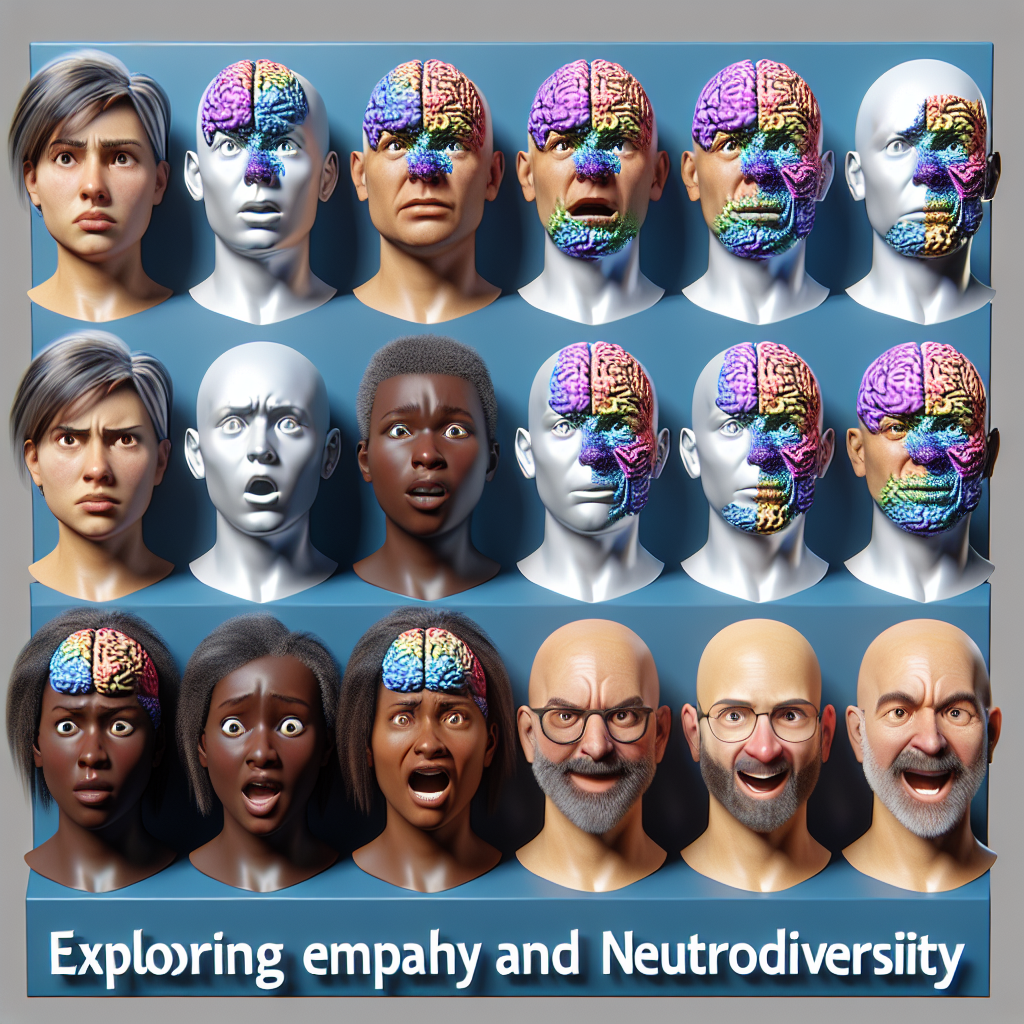Introduction Imagine you are watching a friend burst into laughter; instinctively, a smile may creep onto your face. This unintentional mimicry, where emotions spread from one person to another, is a fascinating aspect of human interaction. But why do some people seem to share emotions more readily than others? The answer might lie in our […]
Tag: Developmental neuroscience
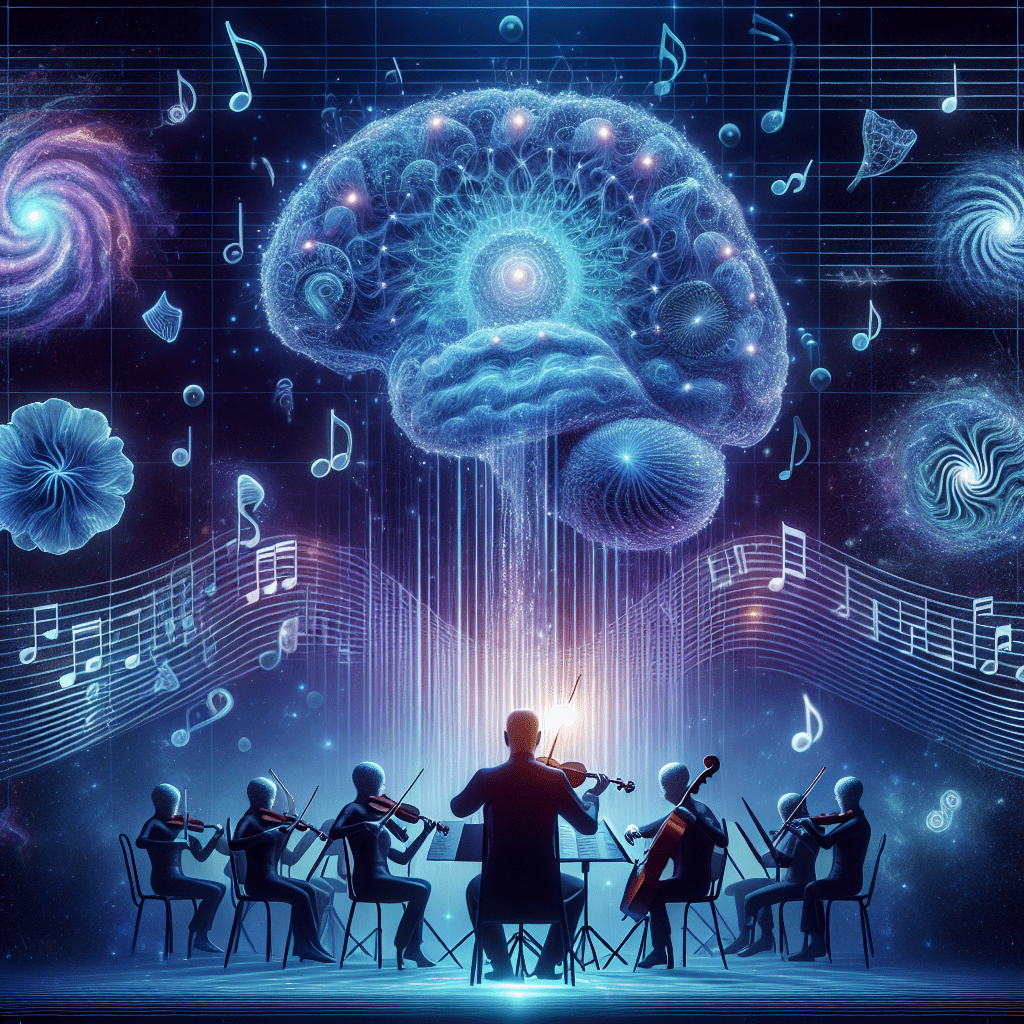
The Brain’s Language Symphony: How Gamma Power Conducts the Read-Aloud Orchestra
Introduction Picture yourself trying to read a captivating novel, but the words seem to dance around the page, elusive and chaotic. For many children with reading disorders, this frustrating experience is a daily reality. But what if we could unlock the mysteries of the brain to better understand these challenges? Enter the intriguing realm of […]
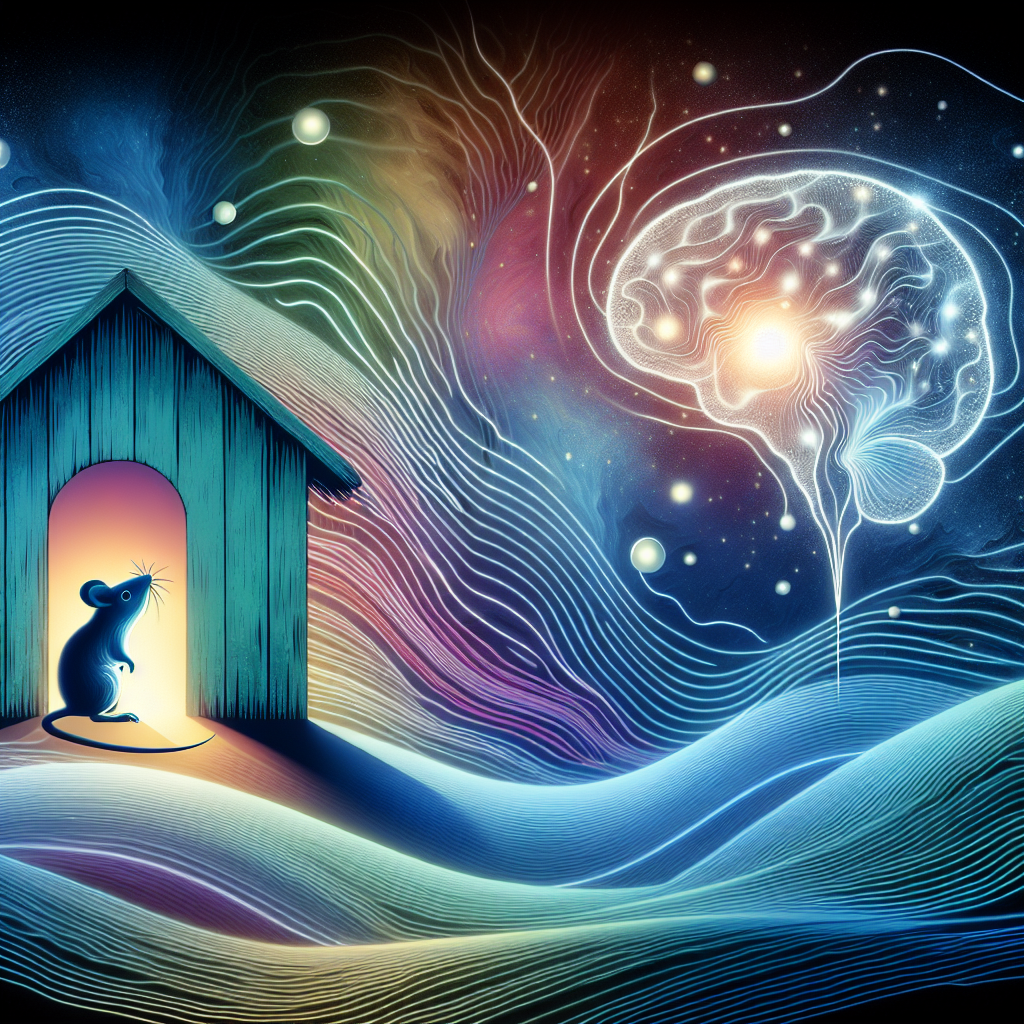
The Brain’s Silent Scream: How Loneliness Resonates Beyond the Mouse House
Introduction Have you ever felt the heavy burden of loneliness, that deep, gnawing emptiness that seems to echo through your mind? While it might be reassuring to consider this experience uniquely human, recent research suggests a surprisingly complex narrative lurking beneath the surface of social isolation. In the research paper titled ‘Social isolation-induced transcriptomic changes […]
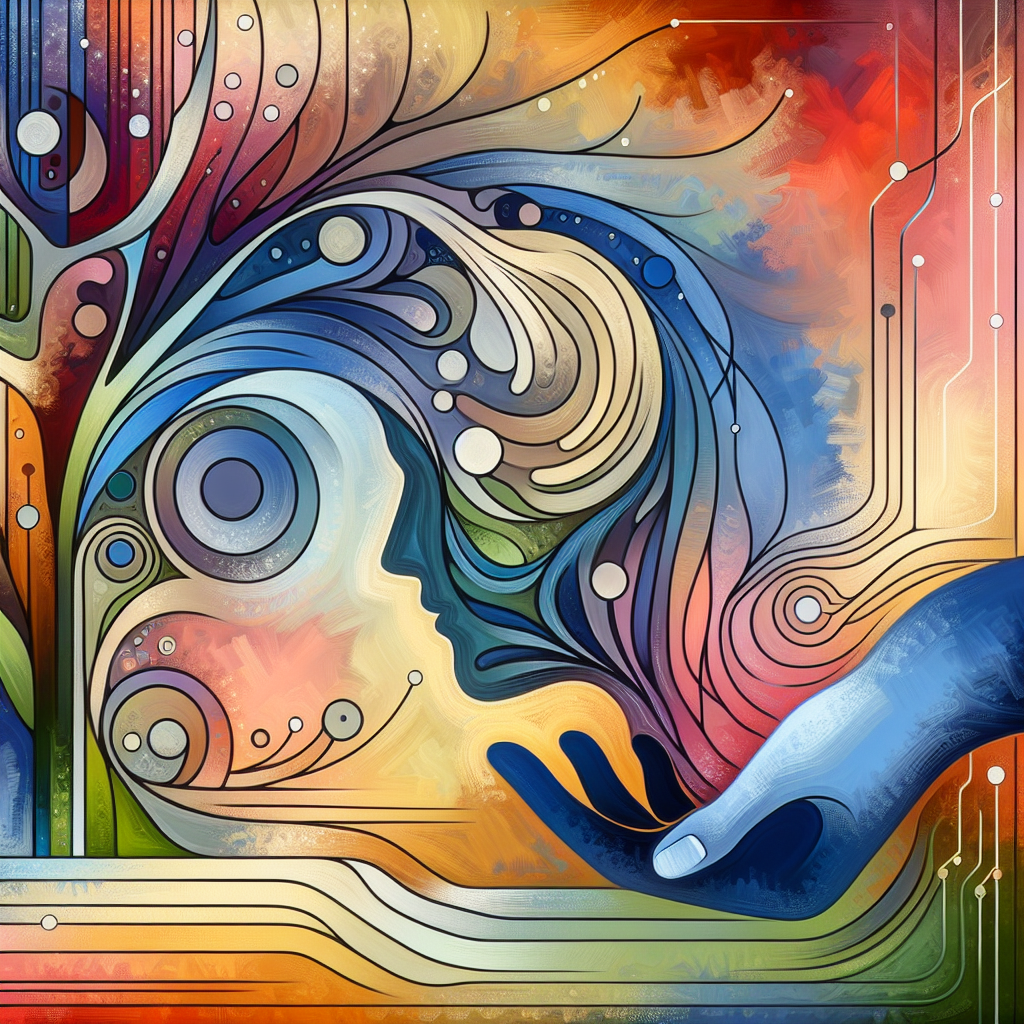
Building Bridges: Uncovering the Power of Friendship Interventions for Children with Neurodevelopmental Challenges
Introduction: A Journey Into a World of Connection Imagine a world where, despite the hustle and bustle, the simplest joy is found in connecting with someone who truly understands you. For children, friendships are more than just company—they are a playground and a classroom all at once, providing opportunities to learn, grow, and find acceptance. […]

Understanding the Ripple Effect: How Visual Impairment Influences Communication Skills
Introduction: Seeing the Invisible Connections Imagine waking up one day in a world that looks different. The vibrant colors are gone, the faces are mere blurs, and the world you’ve known fades into indistinct shapes. For millions of people around the globe, this isn’t imagination but reality, as they live with varying degrees of visual […]

Unraveling ADHD: A Socioeconomic Puzzle in Sweden
Introduction: Bridging the Gap Between Society and the Mind Picture this: a classroom bustling with children, each one unique, navigating the maze of education. Among them, Jacob struggles to keep focused while his peers excel without a hitch. Why is Jacob different? The answer often lies in a complex interplay of neurological and social factors. […]

Breaking Barriers: Navigating Autism Services as Newcomers in Canada
Introduction Imagine arriving in a new country, brimming with hopes for a better life, only to encounter an impenetrable web of challenges when seeking necessary health services for your child. This is the reality for many immigrant and refugee caregivers in Canada, especially those caring for children with autism. The journey of accessing autism-related services […]
Discovering the Distracted Mind: Exploring Trait Distractibility, ADHD, and Hyperfocus
Introduction Imagine sitting at your desk, trying to complete a task, but you just can’t focus. Your mind drifts to what you had for lunch yesterday or what plans you have for the weekend. Meanwhile, the hum of the air conditioner or the distant chatter in the hallway pulls your attention away. Sound familiar? You’re […]
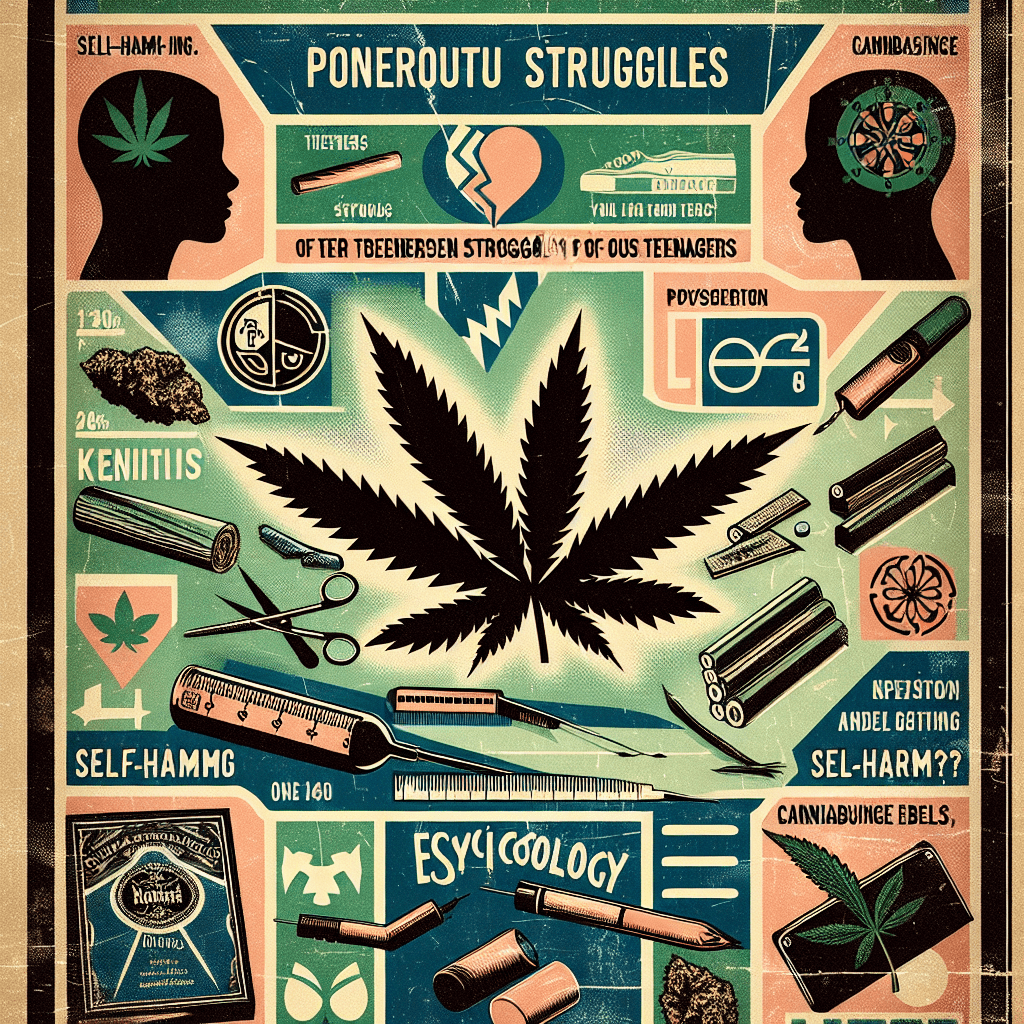
Uncovering the Depth of Teen Struggles: Cannabis Use, Self-Harm, and the Battle Within
Introduction: Peering into the Adolescent Abyss As we cross paths with the vibrant world of adolescents, a time brimming with boundless potential and self-discovery, we often overlook the shadowed corners where some young minds dwell. The flashy promise of future dreams is sometimes obscured by the daunting reality of mental health challenges. Alarmingly, suicide ranks […]
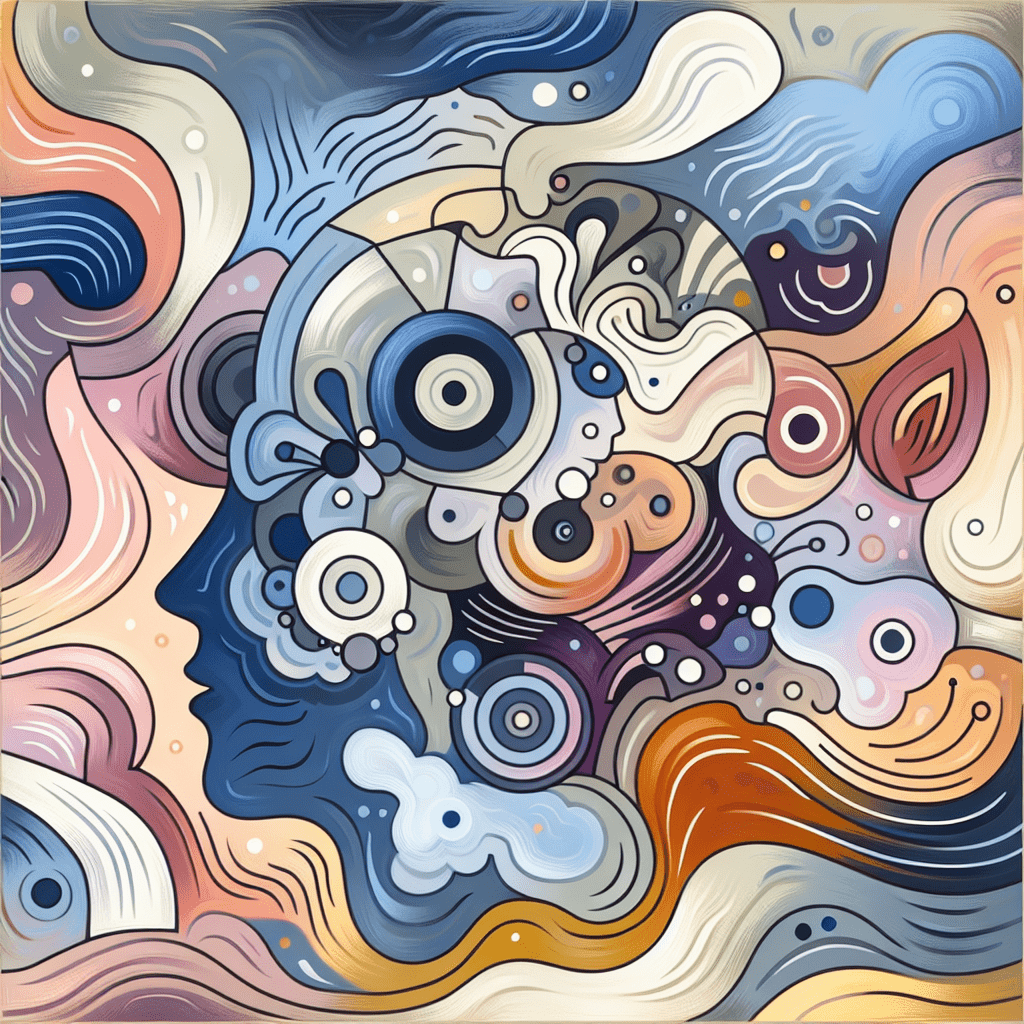
Understanding ADHD Beyond the Usual Labels: Exploring the Unique Minds of Young Adults
Introduction: Peering Into Uncharted Minds Imagine a busy train station where the trains run off schedule. Each train here represents a thought or emotion, and the challenge lies in controlling the chaos. This analogy encapsulates the experience of many young adults with Attention-Deficit/Hyperactivity Disorder (ADHD). Often misunderstood and labeled merely as a ‘deficit’ in attention, […]
